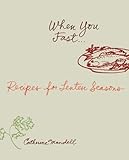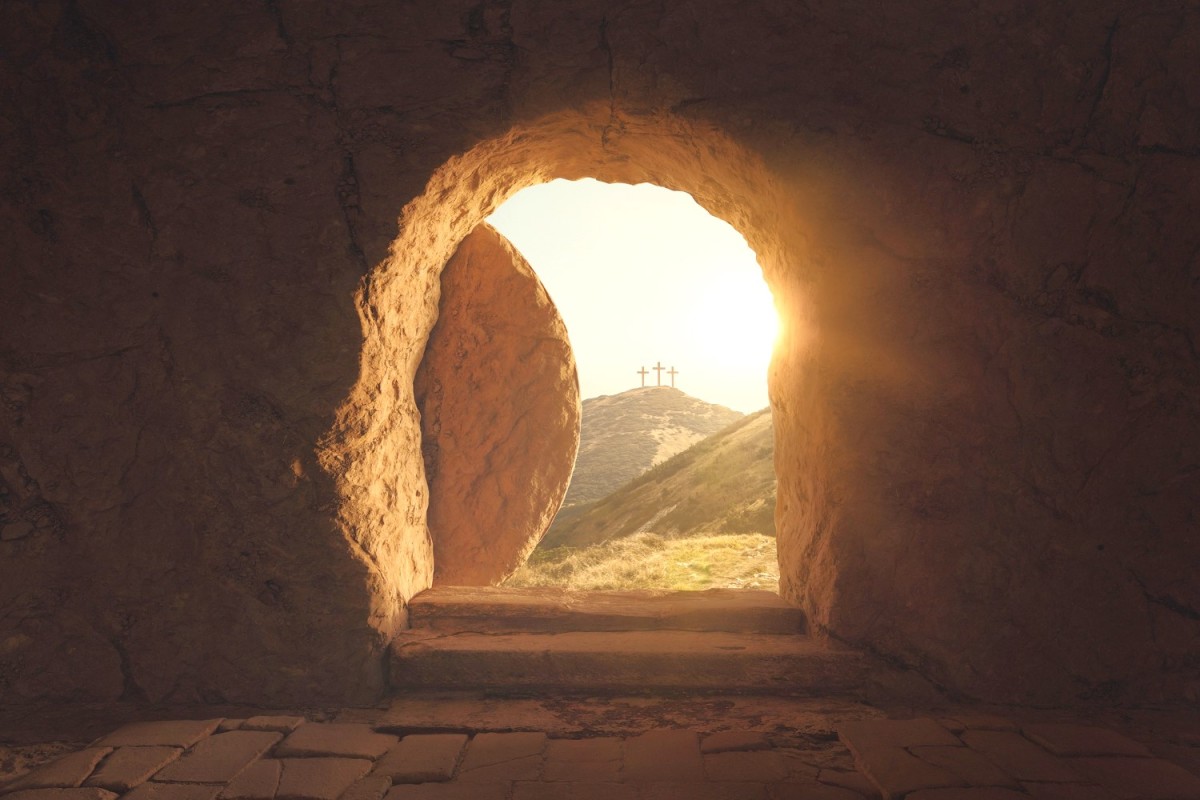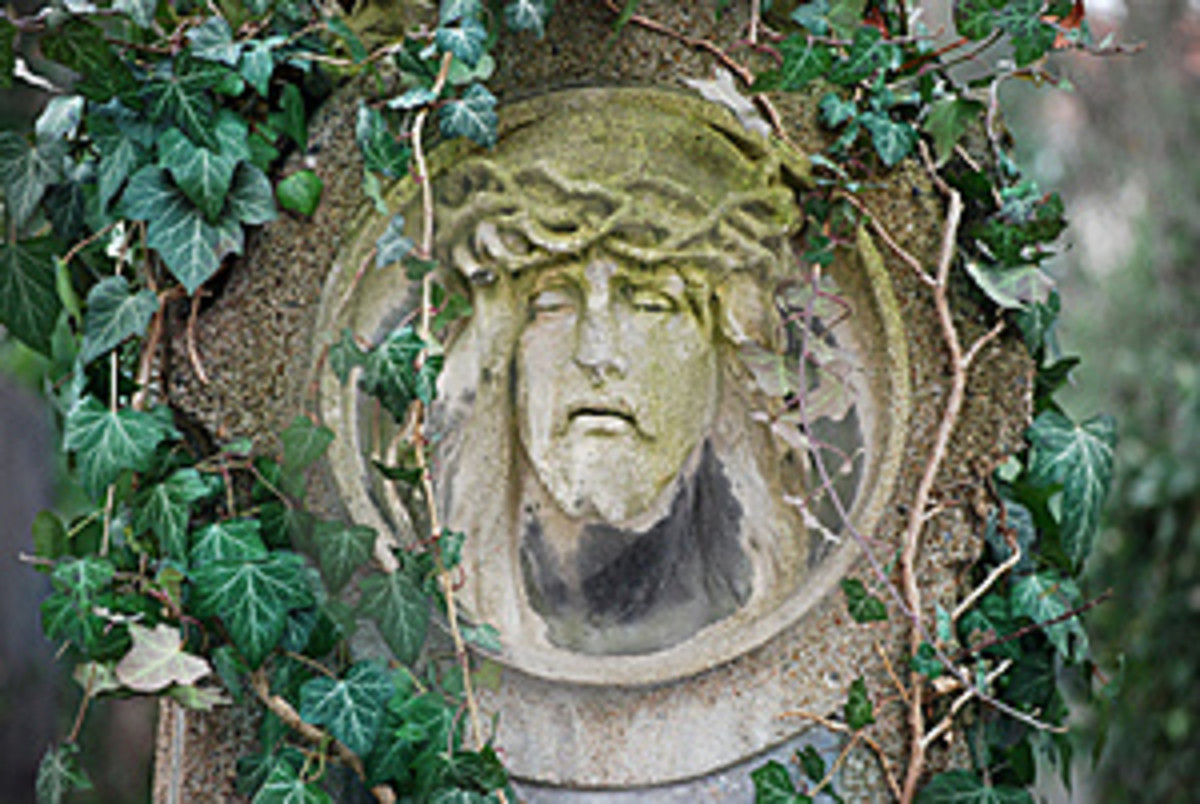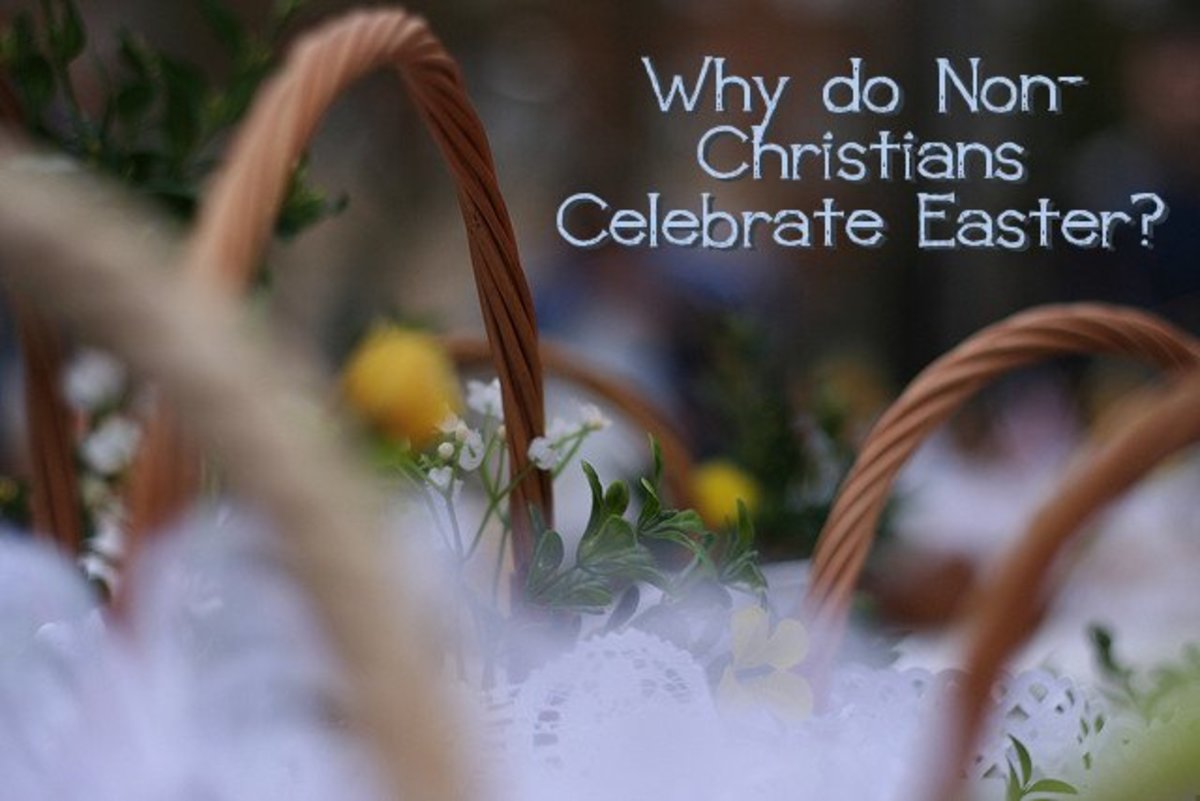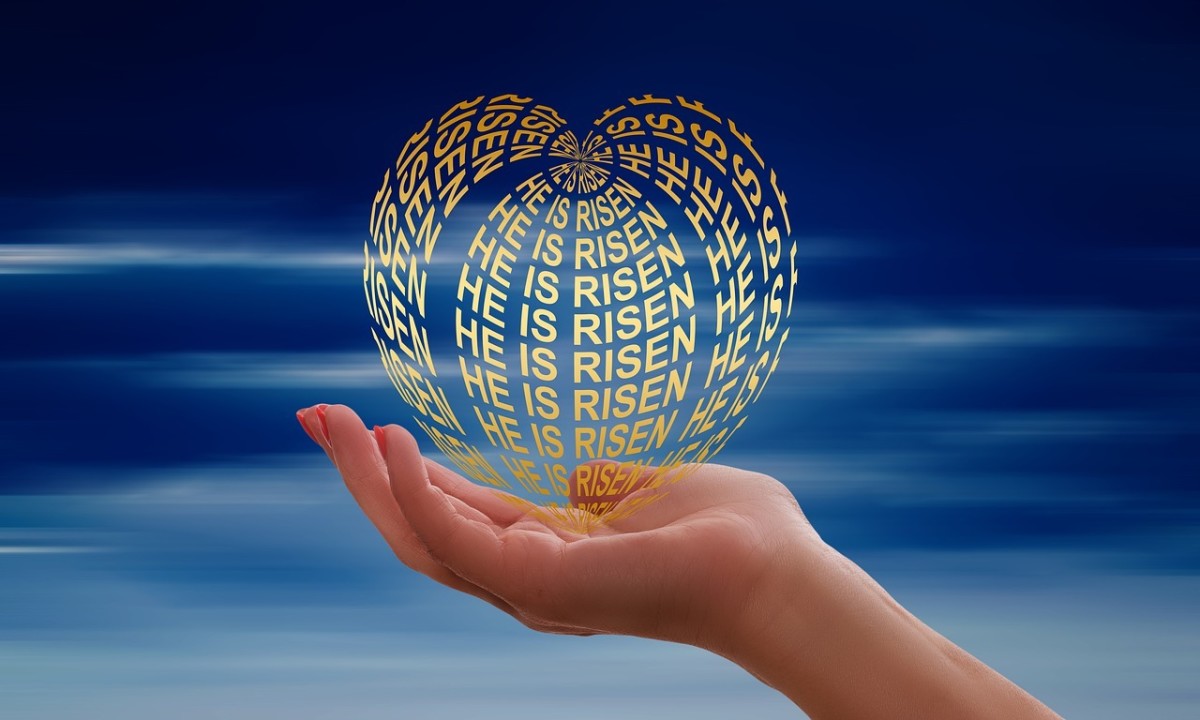Palm Sunday Is Now Known as Passion Sunday
It is the Sunday Before Easter
Passion Sunday is the sixth and last Sunday of Lent and the Sunday before Easter.
This is the Sunday on which palms are distributed to the congregation in most Christian churches and, because of the distribution of palm branches, it has long been called Palm Sunday.
In the past, the fifth Sunday of Lent (the Sunday before Palm Sunday) was known as Passion Sunday in the Catholic and Anglican churches. However, following Vatican II, the sixth Sunday of Lent was officially re-named Passion Sunday in the Catholic and Anglican churches.
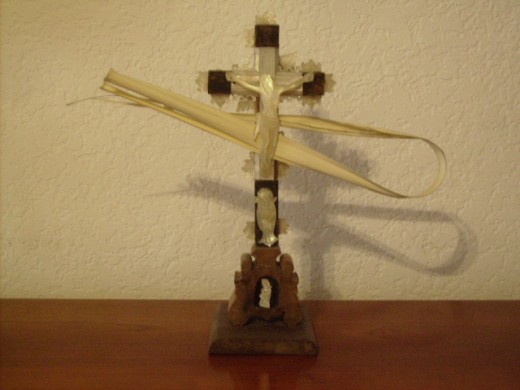
Palm branches are still distributed but the focus is on the betrayal, arrest, suffering and crucification of Jesus rather than on his triumphal entry into Jerusalem just before his death.
Passion/Palm Sunday is the start of Holy Week in which the Church commemorates the Last Supper and the first Eucharist on Holy Thursday and Christ's death on Good Friday.
Catholic and many Protestant churches now refer to the sixth Sunday in Lent as Passion Sunday and focus on the passion of Christ in their liturgies for that Sunday.
However, customs and traditions die hard and many lay people continue to think of and refer to the sixth Sunday of Lent as Palm Sunday.
While the changes to the liturgy and the re-focusing on Christ's suffering and death have been well received by the members of most congregations, the name change to Passion Sunday has not really taken root among them.

Carling Sunday
In some towns in the north of England and parts of Scotland there is an old tradition among Catholics and possibly Anglicans, of referring to Passion Sunday as Carling Sunday.
The name comes from the custom of eating carlings which are peas that have been soaked over night in water or, in some communities, salt water, then fried in butter and seasoned.
The seasoning in some places is pepper and salt while in others vinegar, sugar and/or rum can be added to them.
Traditionally, Carling Sunday was the fifth Sunday of Lent but, in many communities it is being moved to the sixth Sunday by many people.
As to the origin of this custom, accounts differ. Some accounts attribute the origins of the custom to a famine in Newcastle in olden times.
A ship carrying food to help relieve the famine ran aground off the coast and broke up. A few days later its cargo of peas washed ashore and crowds flocked to the beach to recover them.
To commemorate the event people began the annual custom of serving peas soaked in salt water.
Another account says that the custom originated in ancient times when people ate peas in remembrance of the dead. Like other pre-Christian customs it was eventually absorbed by Christianity and became a Passion Day tradition.
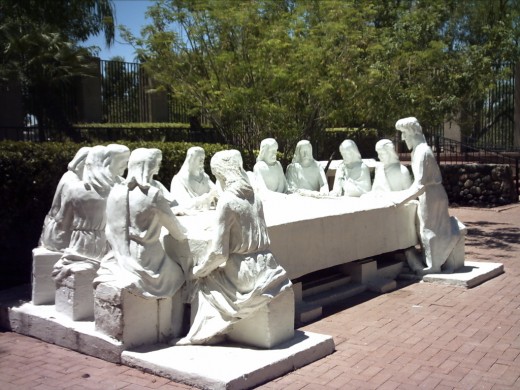
Check Out My Other Easter Season Hubs
- The Garden of Gethsemane - A Spiritual Oasis in Tucson
Tucson's Garden of Gethsemane is a small park containing religious sculptures created by Felix Lucero, a WWI soldier's promised gift to God for sparing him when he lay wounded on a battlefield.
Check Out My Other Easter Season Hubs
- Palm Sunday
Palm Sunday is the sixth Sunday in Lent and the Sunday before Easter. It is celebrated in all major Christian churches - Roman Catholic, Protestant and Orthodox. In popular parlance it is called Palm Sunday... - The Church of the Holy Sepulchre
According to the Bible, Christ was taken outside Jerusalem to a hill known as Golgotha, or Mt. Calvary as it is referred to now days, and put to death by crucification He was then buried in a nearby burial... - Eggs and Easter
In a previous Hub entitled Easter Eggs I described some of the traditions and customs associated with eggs and Easter. However, there is much more to the story about the links between eggs and Easter and the... - The Origins of the Easter Rabbit
Like Christmas, Easter is a holiday that began as a Christian religious holiday and, over time evolved into a combination religious and secular holiday. Actually, many of the secular traditions associated... - Easter Eggs
Since ancient times, eggs have always been a symbol of life and fertility, with spring as the time when most birds in the wild lay eggs from which, a few weeks later with new little birds hatch. It is no... - Why the Date of Easter Changes Each Year
Why does the date of Easter vary from year to year? The answer to this has to do with history and tradition. If you recall, Jesus and his disciples were Jewish and, as Jews, celebrated the...
This content is accurate and true to the best of the author’s knowledge and is not meant to substitute for formal and individualized advice from a qualified professional.
© 2007 Chuck Nugent

